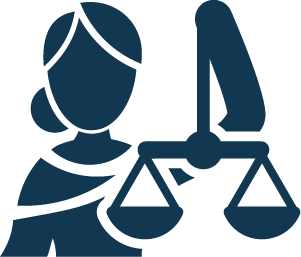New rights
In 60 years, the European Convention on Human Rights has constantly evolved thanks to:
the case-law of the Court
The Court’s case-law makes the Convention a “living instrument”, able to adapt to the changes taking place in our societies and the rights relating to situations that could not have been anticipated when the Convention was first adopted.
the adoption of Protocols which have added new rights to the Convention
- the right to peaceful enjoyment of property, the right to education and the right to free elections by secret ballot (Protocol No. 1)
- no deprivation of liberty for non-fulfillment of contractual obligations, right to liberty of movement and freedom to choose one’s residence, prohibition of a State’s expulsion of a national, prohibition of collective expulsion of aliens (Protocol No. 4)
- abolition of the death penalty (Protocol No. 6)
- the right of aliens to procedural guarantees in the event of expulsion from the territory of a State, the right of a person convicted of a criminal offence to have the conviction of sentence reviewed by a higher tribunal, the right to compensation in the event of a miscarriage of justice, the right not to be tried or punished in criminal proceedings for an offence for which one has already been acquitted or convicted ( ne bis in idem) and the equality of rights and responsibilities as between spouses (Protocol No. 7)
- general prohibition of discrimination. This Protocol guarantees that no-one shall be discriminated against on any ground by any public authority (Protocol No. 12)
- ban of the death penalty in all circumstances, including for crimes committed in times of war and imminent threat of war (Protocol No. 13).
Protocols which add rights to the Convention are binding only on those States that have signed and ratified them. A signature which is not followed by a ratification is not enough be binding.
Download the Convention as amended by the protocols entered into force

See some examples how the ECHR promotes access to proper health care, the safeguarding of people with mental health issues, and lots more.


